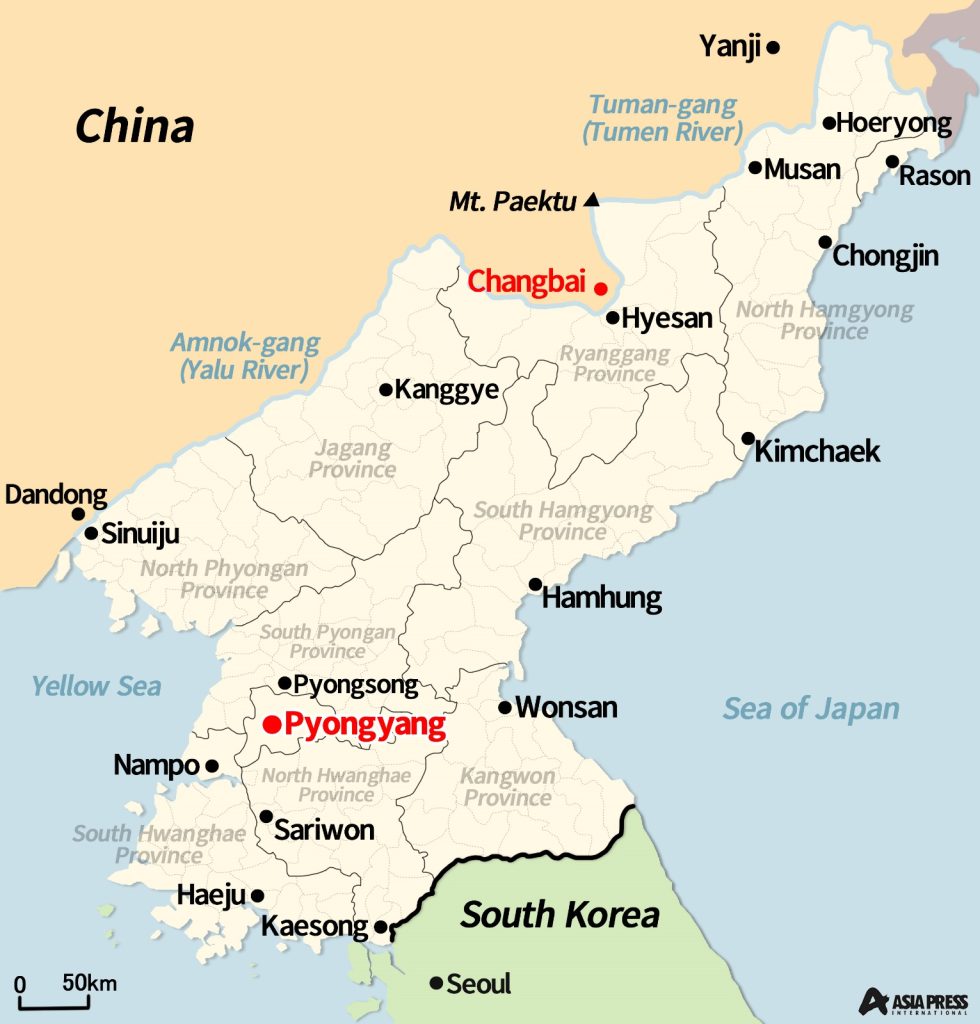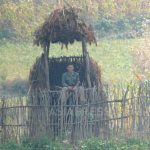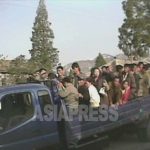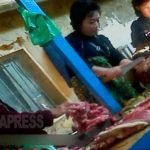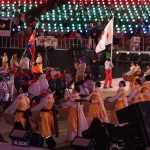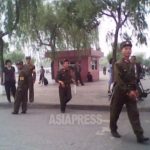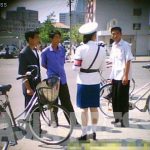
◆ Detailed Testimony from a Chinese Trade Intermediary
China has been strictly enforcing economic sanctions against North Korea. While investigating the situation at the trade passage between Jilin Province and North Korea's Yanggang Province, a somewhat "unexpected" fact came to light. The situation is not easy for the Chinese traders, so much so that the Chinese do not allow the customs clearance of metal products such as springs even for the export of mattresses. As a result, the North Korean government has been trying to find a way around this impasse through smuggling. In early July, ASIAPRESS interviewed "A," a trade broker in Jilin Province who is very familiar with the circumstances surrounding North Korea-China trade. (HONG Mari/ KANG Ji-won)
◆ Chinese Traders Lament the Strictness of Chinese Customs
ASIAPRESS had previously reported that smuggling was resuming through interviews with "A" in May and June. According to the investigation so far, the smuggling area is near Hyesan, Yanggang Province, upstream of the Yalu River, and Changbai County, Baeksan, Jilin Province, on the opposite side. The North Korean authorities do not allow smuggling by individuals and engage in "state smuggling," which is under-the-table trade completely controlled and managed by the state.
State Smuggling: Implemented by North Korean state-approved trading companies with Chinese smugglers. On the North Korean side, "official" procedures are conducted in the presence of customs officers, security officers (secret police), security officers (police), etc., at cordoned-off smuggling sites, and items and quantities are strictly controlled.
The following is the interview with “A.”
-- What is the status of official trade between North Korea and China?
Chinese authorities are strictly enforcing export sanction criteria, which is causing difficulties for traders. For example, sanctioned items include metal products, so in order to export mattresses, zippers and springs must be removed. Traders who have been in business since before COVID say there's no need for such meticulous inspections.
-- What is North Korea's position on this issue?
In the past, Chinese traders often provided assistance to North Korea (knowing their difficult living conditions), but now there is a policy of not accepting such assistance, so even if they try to help, North Korean traders won't accept it. Even attempts to provide aid (such as food) are rejected. They say that accepting aid would make them subject to investigation. North Korean authorities tell them that if they want to send something, they should sell it in China and make money instead.
-- What do they export to North Korea?
Mostly raw materials. They export raw materials for finished products, and China re-exports things that are processed in North Korea into eyelashes and wigs. Batteries, too.
Car and bicycle parts are smuggled (because they are sanctioned). They say products that could be sold directly in markets (like ready-made clothes) or items with English writing on them can't be exported (because North Korea cracks down on private business).
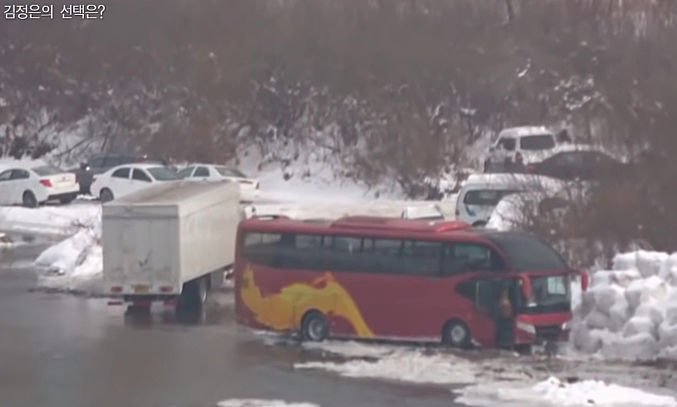
◆ North Korea Manages Smuggling... Chinese Traders Subjected to Identity Checks on the Riverbanks
-- Is smuggling still widespread?
Because Chinese customs inspections are strict, traders resort to smuggling. Some have sold cosmetic ingredients and received copper concentrate (raw material for copper smelting) in return. It's said that to receive 30 tons of copper concentrate (from North Korea) by car, they paid 30,000 yuan in bribes (to Chinese border guards).
※1 Chinese yuan is about 189 South Korean won.
-- What is exchanged in smuggling?
North Korea often demands cloth, food, auto parts, tires, raw rubber, and vehicles. Because they lack cash, they negotiate to pay with goods.
-- Has there been any impact from North Korea stepping up its state-led smuggling activities?
Chinese traders say it's getting harder because of increased monitoring and control of trade activities. People from three North Korean ministries come out and conduct identity and business checks on Chinese traders on the riverbanks. They're also calling traders one by one to check how they're shipping goods, and they're stopping transactions even for minor errors (in quantity, etc.).
◆ Chinese Authorities: 'We Cannot Help Even If Problems Arise from Smuggling'
-- How does North Korea pay for trade?
30% of the payment is made in China, and the rest is paid with profits from within North Korea. However, since North Korea does not have Chinese yuan, it appears that they pay with agricultural products, specialties, and minerals.
In cases where the Chinese can't get goods from North Korea as payment, they require North Korea to send workers to China and pay trade fees with the money the workers earn. For example, if a car costs 20,000 yuan, North Korea would send 10 workers to Chinese companies and pay the cost of the car with their earnings.
-- How are Chinese authorities responding to smuggling?
At the end of June, the Chinese authorities issued a notice saying, 'Do not smuggle with North Korea, because we cannot help even if problems arise. For Chinese traders, smuggling carries a lot of risk, so some are trying to avoid involvement as much as possible.
Through this series of ASIAPRESS investigations, it has been revealed that China, a permanent member of the UN Security Council, is still strictly maintaining economic sanctions against North Korea. This suggests that the relationship between the two countries cannot be described as particularly good.
Trade between Sinuiju and Dandong accounts for about 70% of all North Korea-China trade. In addition, the volume handled at Nampo on the west coast has increased rapidly since COVID. ASIAPRESS hasn't been able to confirm whether the Chinese authorities are strictly enforcing economic sanctions on these trade passages as well.
